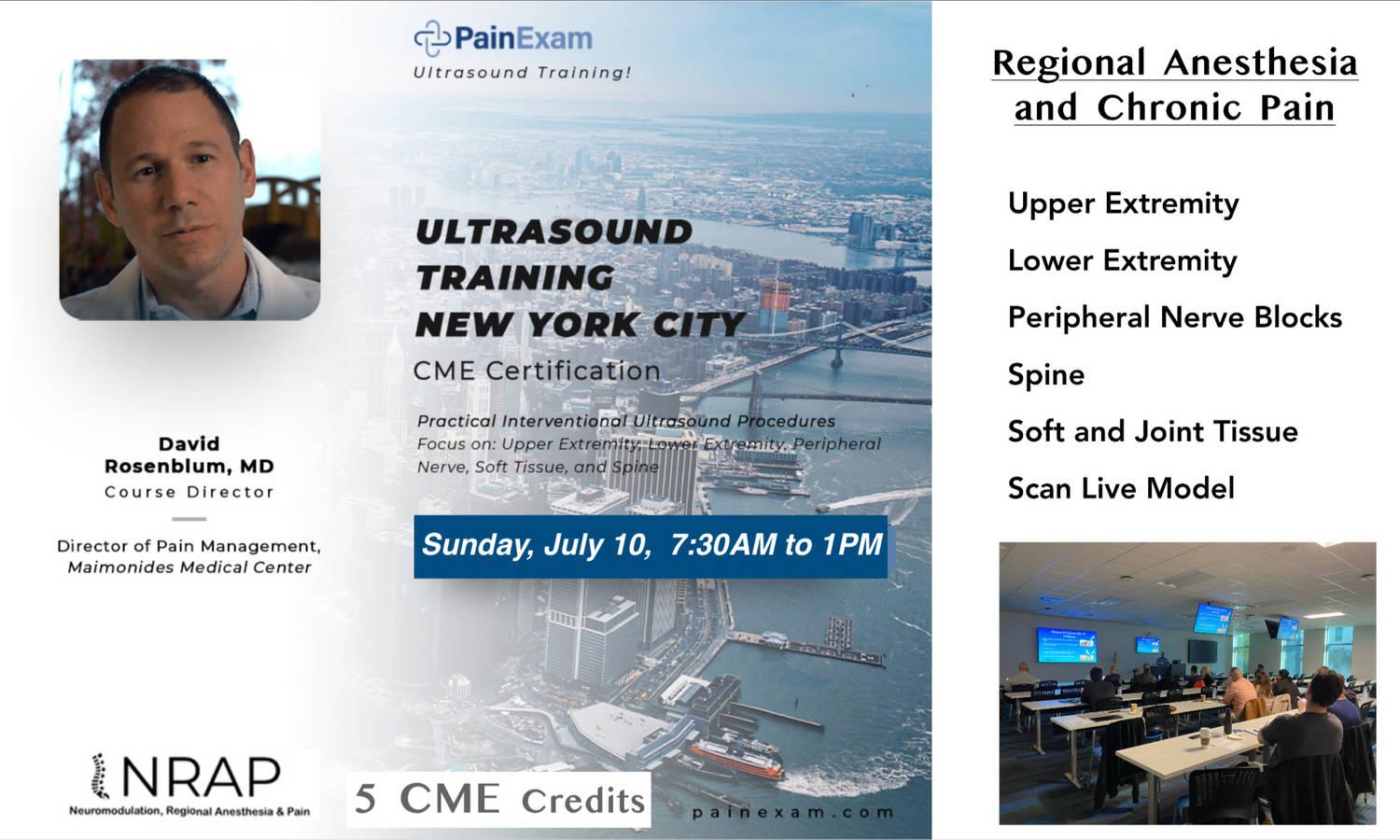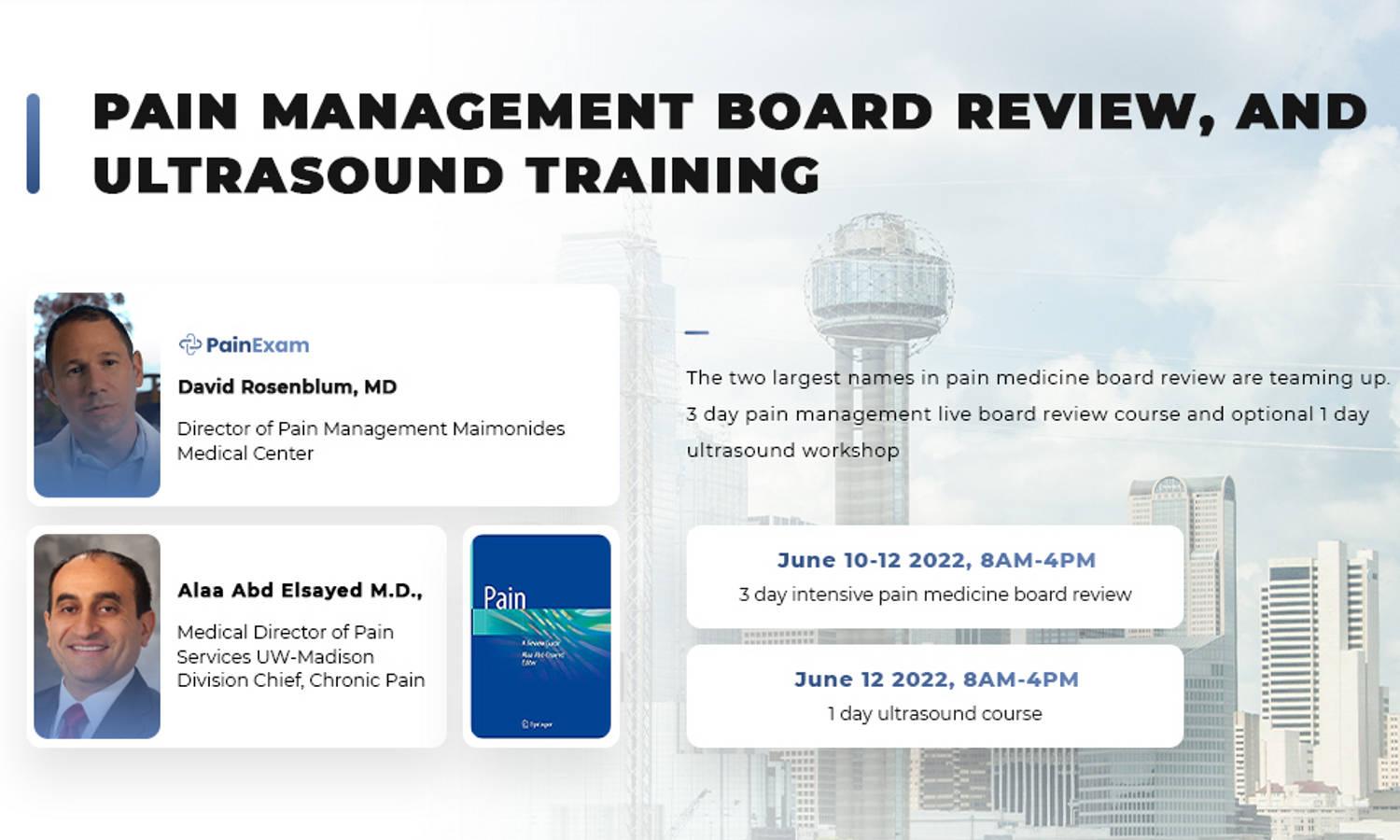
Diabetic Kidney Disease: Improving Outcomes and Reducing Costs Course
 hosted byOptumHealth Education (OHE)
hosted byOptumHealth Education (OHE)Diabetic Kidney Disease: Improving Outcomes and Reducing Costs Course is organized by OptumHealth Education (OHE).
Activity opens: 03/17/2021
Activity expires: 03/17/2024
Description:
Diabetes is the leading cause of kidney failure and accounts for 44% of new cases, while more than 35% of diabetic individuals aged 20 or older have chronic kidney disease (CKD). It is imperative that health care providers (HCPs) initiate treatment early in this population to prevent kidney damage delay progression to end-stage renal disease (ESRD) and avoid concomitant cardiovascular disease (CVD), which is often associated with these conditions. This activity will present HCPs with the information necessary to evaluate kidney health in individuals with type 2 diabetes mellitus (T2DM) and will discuss CKD risk stratification, including interpretation of albuminuria levels and estimated glomerular filtration rate (eGFR). Interventions that can reduce the progression of the disease, likelihood of hospitalization and costs will be identified, and recent data about effective treatment regimens and their indications for improving outcomes will be examined. Additionally, early strategies to decrease the risk for CVD and ESRD in these individuals will be defined, with a review of the pathophysiology of the progression of these disorders.
Learning Objectives:
At the end of this educational activity, participants should be able to:
• Define applications of eGFR and urine albumin-creatinine ration (uACR) tests in individuals with T2DM for detection and risk stratification of CKD as defined by the kidney health evaluation for patients with diabetes Healthcare Effectiveness Data and Information Set (HEDIS) measure
• Describe how CKD risk stratification informs interventions to reduce kidney failure, decrease cardiovascular risk and limit hospitalizations
• Cite recent studies of the kidney and cardiovascular protective effects of specific treatment regimens and their indications for management in individuals with T2DM and CKD
• Examine interventions to decrease the risks for cardiovascular disease and dialysis in individuals with T2DM and CKD, based on an understanding of the pathophysiology of progression to these disorders









